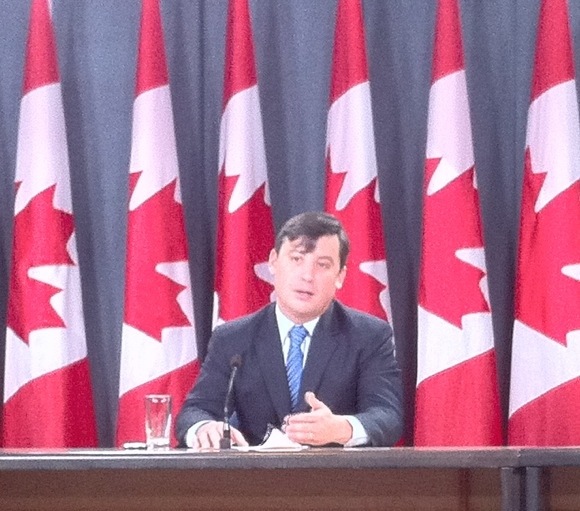(Note: This had been submitted as an op-ed that wasn’t picked up. I’m posting it here instead).
In Monday’s National Post, a section of Elizabeth May’s chapter in Turning Democracy Inside Out: Practical Ideas for Reforming Democracy was republished, in which May called for parties to essentially be abolished, and for the prime minister to be elected from the Commons as a whole at the beginning of each parliament. The problem? That May was wrong in both her history and her understanding of what Responsible Government means, which undermines her argument and spreads dangerous misinformation about how our democratic system is supposed to work.

